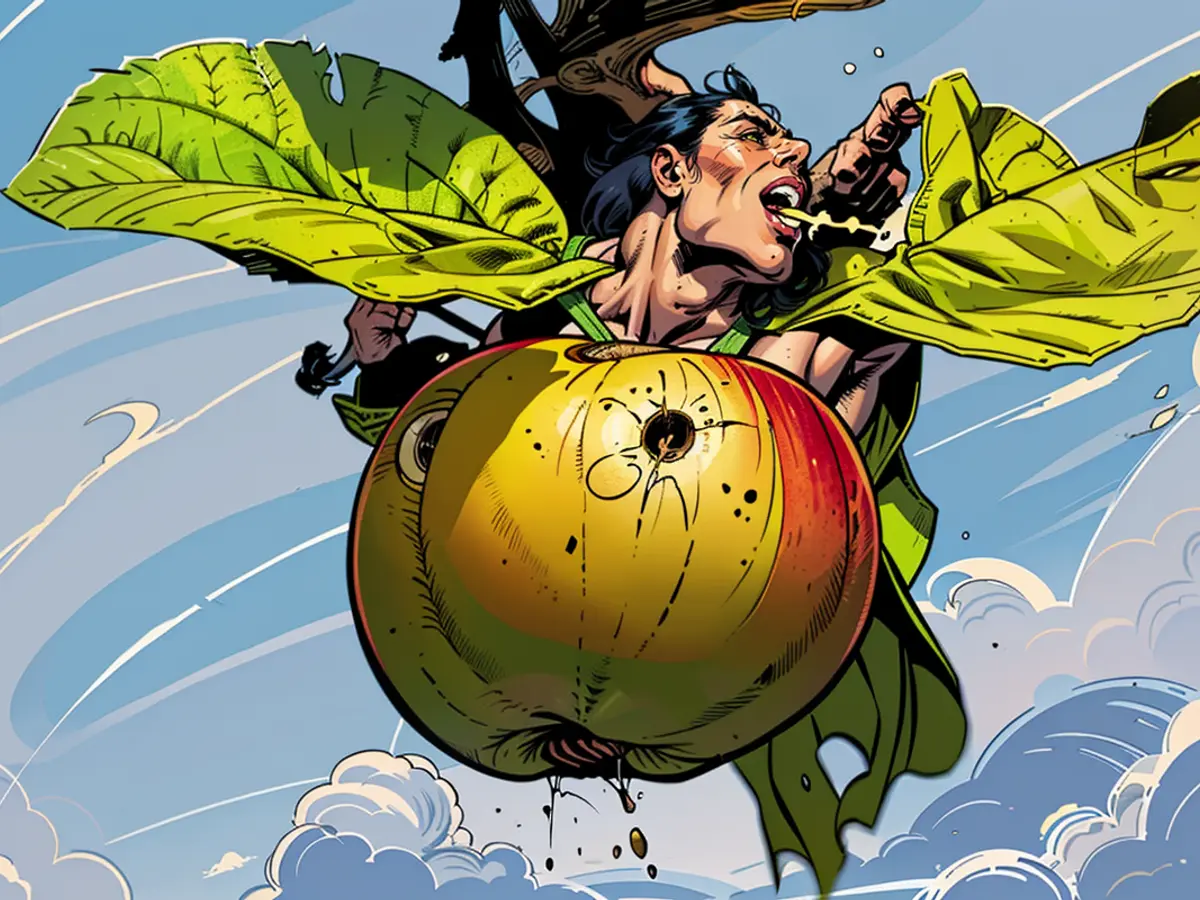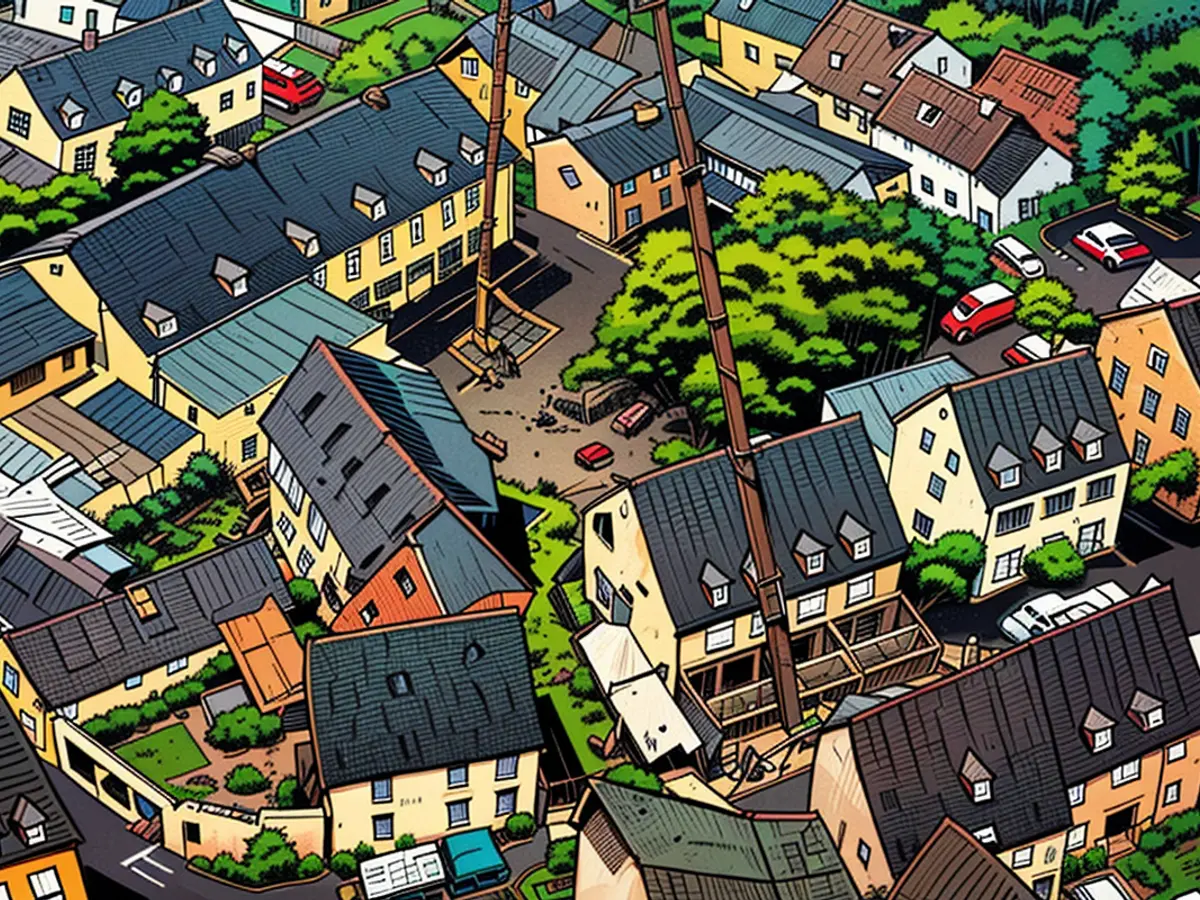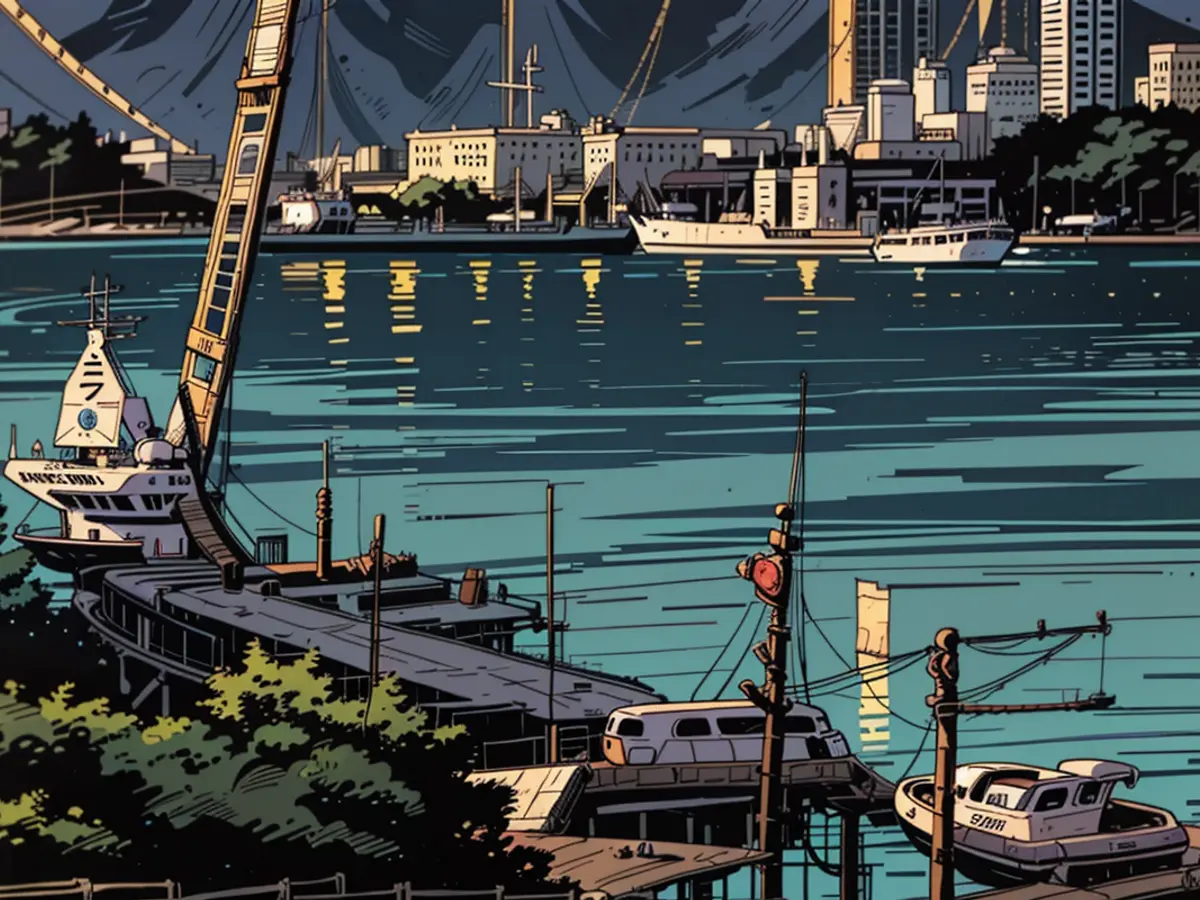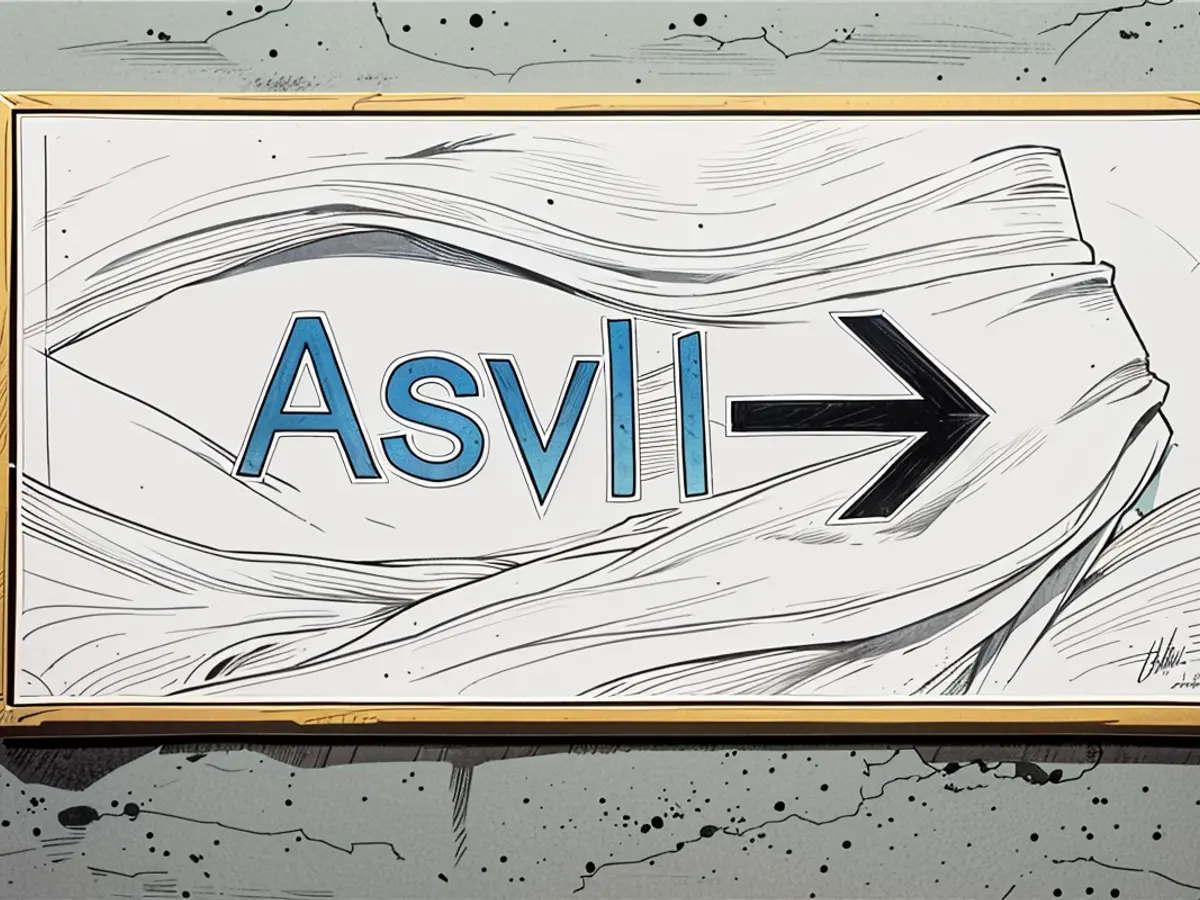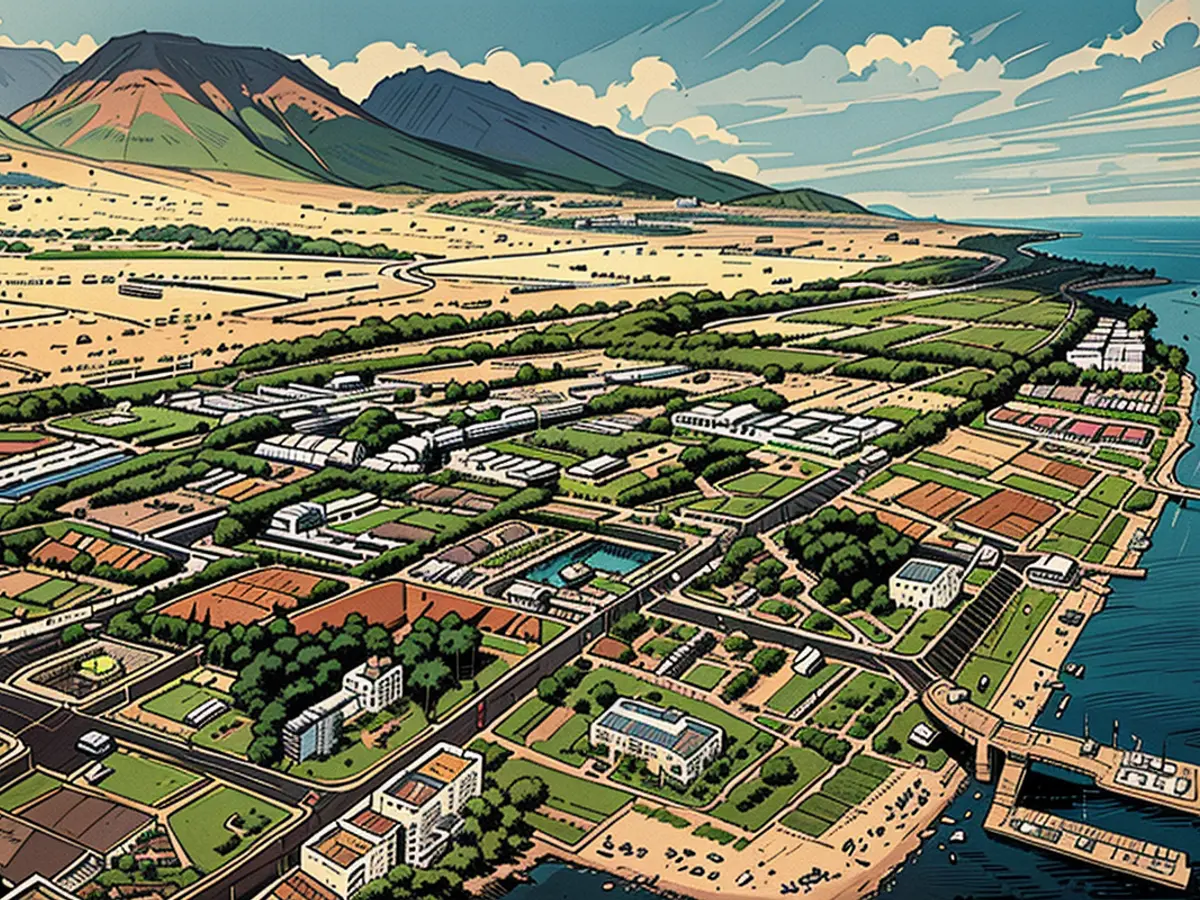Obst - Wine Cellars Facing a Hard Apple Harvest
Mixed Forecast for This Year's Apple Harvest in Hesse Poses Challenges for Cideries
The mixed forecast for this year's apple harvest in Hesse presents challenges for cideries. A significantly reduced harvest is expected, according to Ralf Walther, a board member of the Hessian Apple Wine and Fruit Juice Producers' Association. "It's difficult to gather the apples needed for a year's production," he said. Apples may need to be sourced from other regions, which means "we'll have to dig deeper into our pockets."
Meanwhile, operations are grappling with already rising costs for energy or raw materials. At the same time, customers often lack the willingness to spend more. "They want gold but are only willing to pay for lead."
Frost is the Main Issue for the Harvest
In Hesse, the harvest of early apple varieties has already begun and typically continues into the fall. "The outlook is mixed because the harvest will be completely different depending on the farm," said agronomist Esther Wernien from the Hessian Farmers' Association. The crucial factor is whether a farm experienced frost or not. Some operations may have a relatively normal harvest, while others may suffer a total loss due to frost.
The late frost in late April, with temperatures dropping to as low as minus seven degrees Celsius, was the main problem. "This has devastated some orchards," said Wernien. The location of the trees and the ability to protect them from frost played a significant role. Even within the same community, the harvest can vary greatly, depending on whether the trees are in valleys with a cooler microclimate or higher up.
There was significant damage in the valleys, with some trees having hardly any apples left. Moreover, it was not always possible to protect against frost. Such protective measures typically involve artificial irrigation to create an ice layer that protects the developing fruit.
Non-Alcoholic Apple Wine is Trending
Meanwhile, in Frankfurt, the ten-day Apple Wine Festival is set to begin this weekend, with around 100,000 visitors expected. "Apple wine has been developing into a trendy drink for years," said Thomas Feda, CEO of the organizing Frankfurt Tourismus + Congress GmbH. An Odenwald cidery even sold apple wine in specially created cans at the Wacken heavy metal festival.
Mixed drinks are particularly successful, according to Feda. Kelterer Walther agrees: "There's a lot of experimentation going on." There are already mixtures with cola, cherry, or redcurrant. And: "Non-alcoholic apple wine is very trendy." Many people find traditional apple soda too sweet, preferring a sour, non-alcoholic apple wine soda instead.
The cidery association has 34 members who produced around 12 million liters of apple juice and 35 million liters of apple wine in 2023, roughly the same as the previous year. The shortage of skilled labor also affects these businesses, said Walther, whose cidery is located in Bruchköbel (Main-Kinzig district). It's difficult to find young talent, partly because the profession is not very well known.
According to the 2022 statistics from the Hessian State Office, half of the fruit-growing area in Hesse is planted with apple trees. This year's frost, according to Wernien's assessment, is not a regional issue. Especially in Eastern Europe and also in Eastern Germany, one has had to struggle. "We have fared relatively well in Hesse." And what about apple wine production? Often, apple wine comes from orchards, says the scientist. There, frost irrigation cannot be done as easily. "Therefore, they tend to have significant losses."
- The Hessian Apple Wine and Fruit Juice Producers' Association, along with other cideries, may seek assistance from The Commission to navigate the challenges posed by the mixed forecast and potential apple shortage.
- In light of the frost-damaged harvest and rising costs, The Commission could play a crucial role in providing subsidies or programs to support cideries and apple wine producers in the region.
